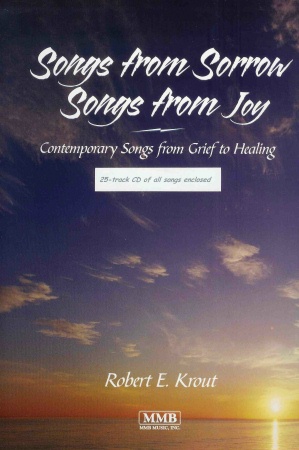

 Music Therapy in
Music Therapy in 
 Music therapy treats the whole person, not just the disease. Patients with a terminal illness may have been treated by the medical community as their disease rather than as their whole selves (e.g. "Room 101 with colon cancer" rather than "Mr. Jones in room 101, a 48-year old husband and father of three who also has cancer of the colon"). Favorite music can express a person's individuality, and the "music history" of any person can be a way of reviewing special events in one's life.
Music therapy treats the whole person, not just the disease. Patients with a terminal illness may have been treated by the medical community as their disease rather than as their whole selves (e.g. "Room 101 with colon cancer" rather than "Mr. Jones in room 101, a 48-year old husband and father of three who also has cancer of the colon"). Favorite music can express a person's individuality, and the "music history" of any person can be a way of reviewing special events in one's life.
 Music therapy can help decrease pain perception and provide distraction from pain and discomfort. Included in many music and music therapy experiences with persons who are dying is a focus on active and/or passive music listening to reduce pain perception and provide comfort. Such music can be selected by the therapist or the patient, and can include both live and prerecorded vocal and instrumental selections.
Music therapy can help decrease pain perception and provide distraction from pain and discomfort. Included in many music and music therapy experiences with persons who are dying is a focus on active and/or passive music listening to reduce pain perception and provide comfort. Such music can be selected by the therapist or the patient, and can include both live and prerecorded vocal and instrumental selections.
 Music therapy can increase verbalizations about illness and the expression of feelings -- through (for example) listening, singing, and talking about the lyrics for chosen songs. Songwriting, as an effective means for emotional expression, has been described in a number of research studies.
Music therapy can increase verbalizations about illness and the expression of feelings -- through (for example) listening, singing, and talking about the lyrics for chosen songs. Songwriting, as an effective means for emotional expression, has been described in a number of research studies.
 Music therapy can assist loved ones with issues regarding and relating to the patient, and help the patient work through issues relating to their illness and dying process. Music therapy sessions can involve the patient and the family and loved ones together.
Music therapy can assist loved ones with issues regarding and relating to the patient, and help the patient work through issues relating to their illness and dying process. Music therapy sessions can involve the patient and the family and loved ones together.
 |
Songs for Sorrow, Songs for Joy, Robert Krout's book of music
based on his many years of work in hospice and palliative care, is available through Prelude. Click here for our product list. |
